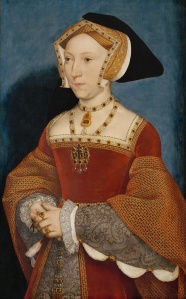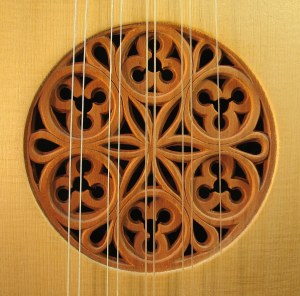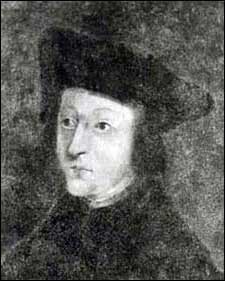On this day in 1536, preparations were made for the trials of Anne and her brother. The grand juries were commanded to furnish the indictments, and Constable Kingston received a precept from Norfolk ordering him to bring the prisoners to trial on Monday, May 15th. Norfolk also sent a precept to Ralph Felmingham, sergeant-of-arms, to summon at least twenty-seven “peers of the Queen and Lord Rochford, by whom the truth can be better made to appear.” While these official legal steps were being taken, physical preparations
were also begun to make the King’s Hall in The Tower amenable to two thousand spectators, with benches lining the walls and a high platform for the interrogator and the condemned, so that all could see. “The King was determined,” Alison Weir writes, “that justice would be seen to be done” and was sure of the judicial strength of the evidence. “This was not to be quite the farcical trial that some historians have claimed it to be,” she writes.
Yet, for Henry the outcome was such a foregone conclusion that on the same day that these preparations were being made, he ordered Anne’s household dissolved, and her servants discharged. The next day, May 14th, he sent for Jane Seymour to “come within a mile of his lodgings” so that she would be near at hand when Anne was condemned.
We at “The Creation of Anne Boleyn” admire Weir’s scholarship, but think that if any trial deserves the designation of “farce,” this one was it! The only missing ingredient was humor. This farce was not a comedy, but a deadly business.







 Purchase The Creation of Anne Boleyn: A New Look at England's Most Notorious Queen (US)
Purchase The Creation of Anne Boleyn: A New Look at England's Most Notorious Queen (US)